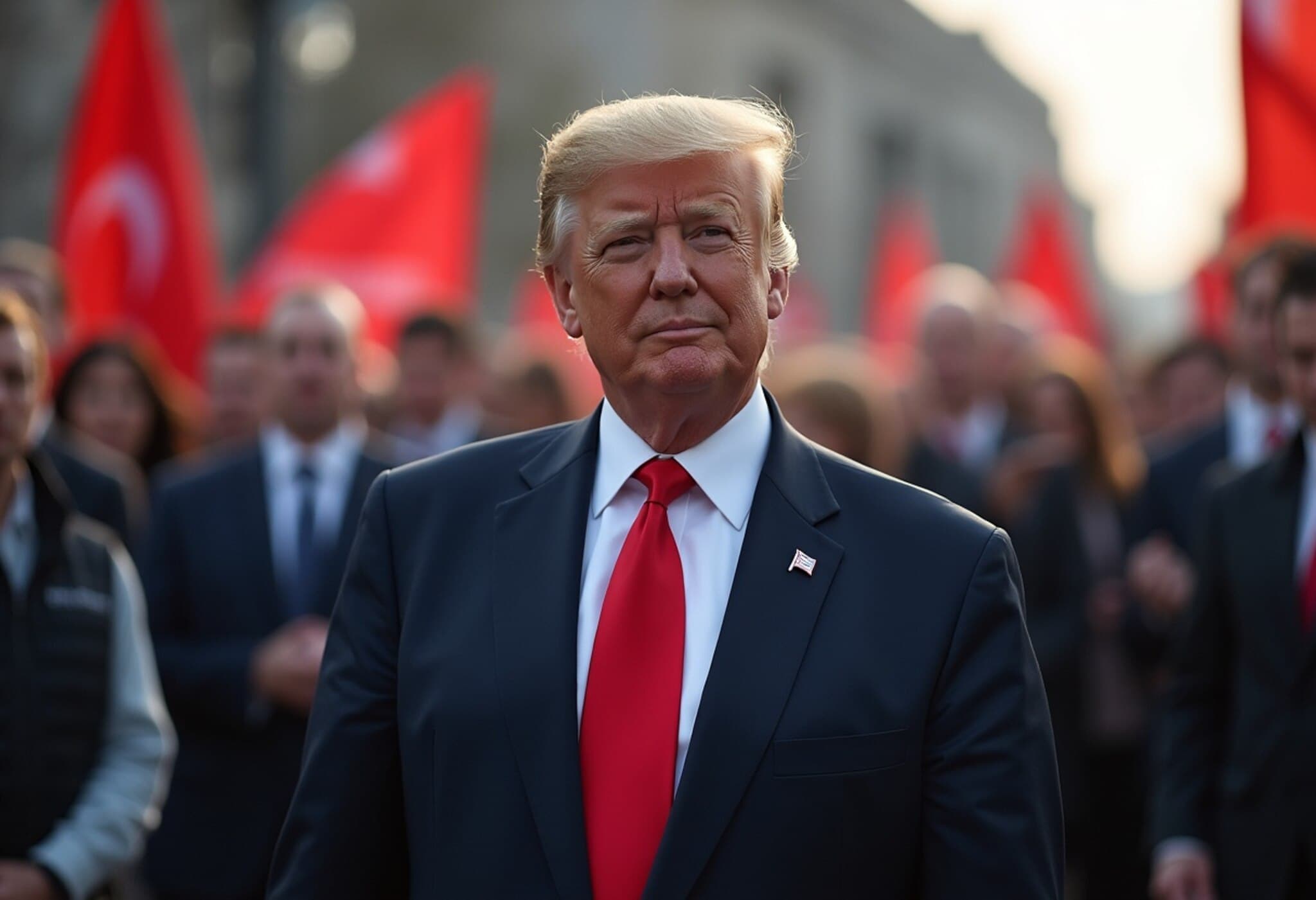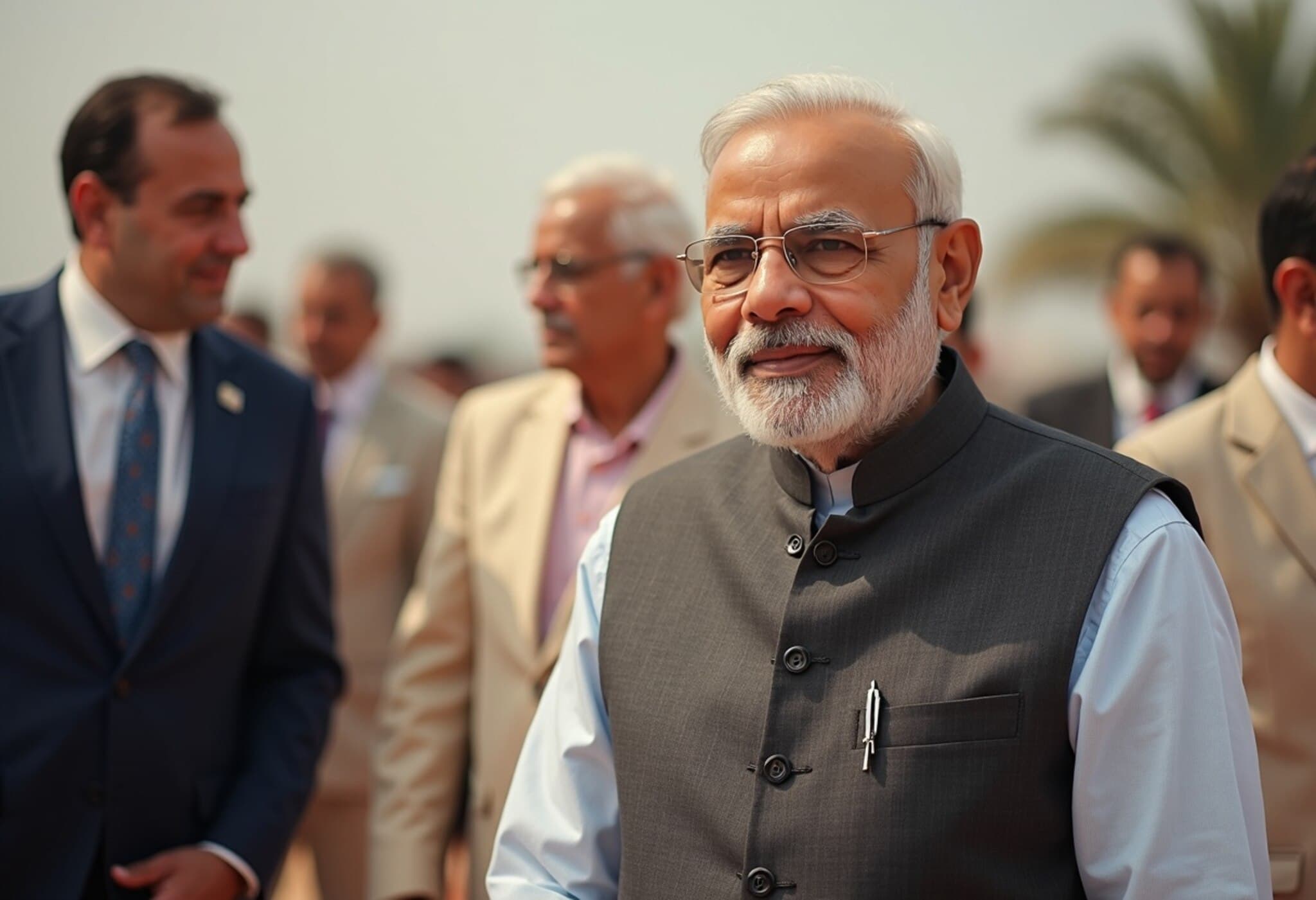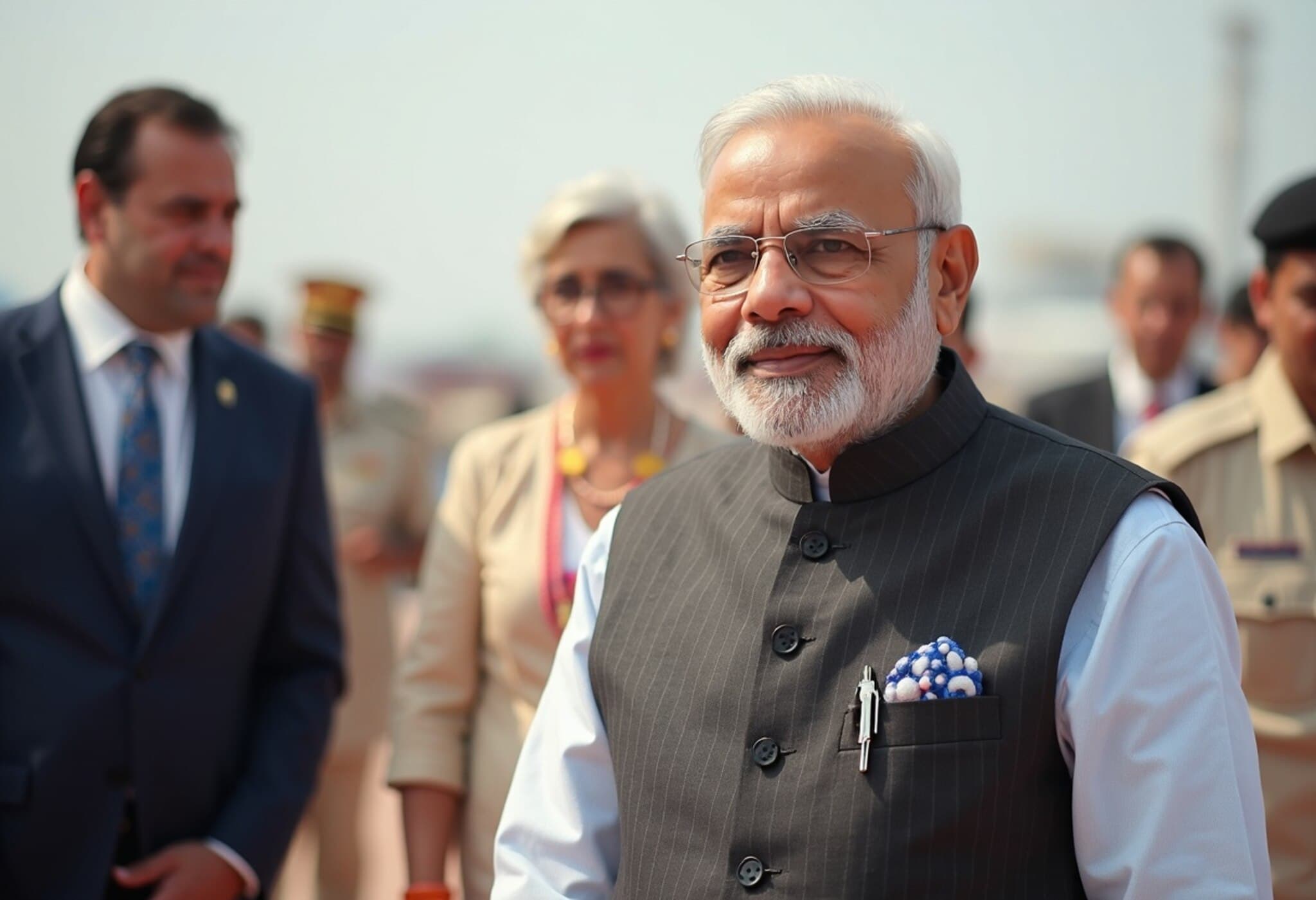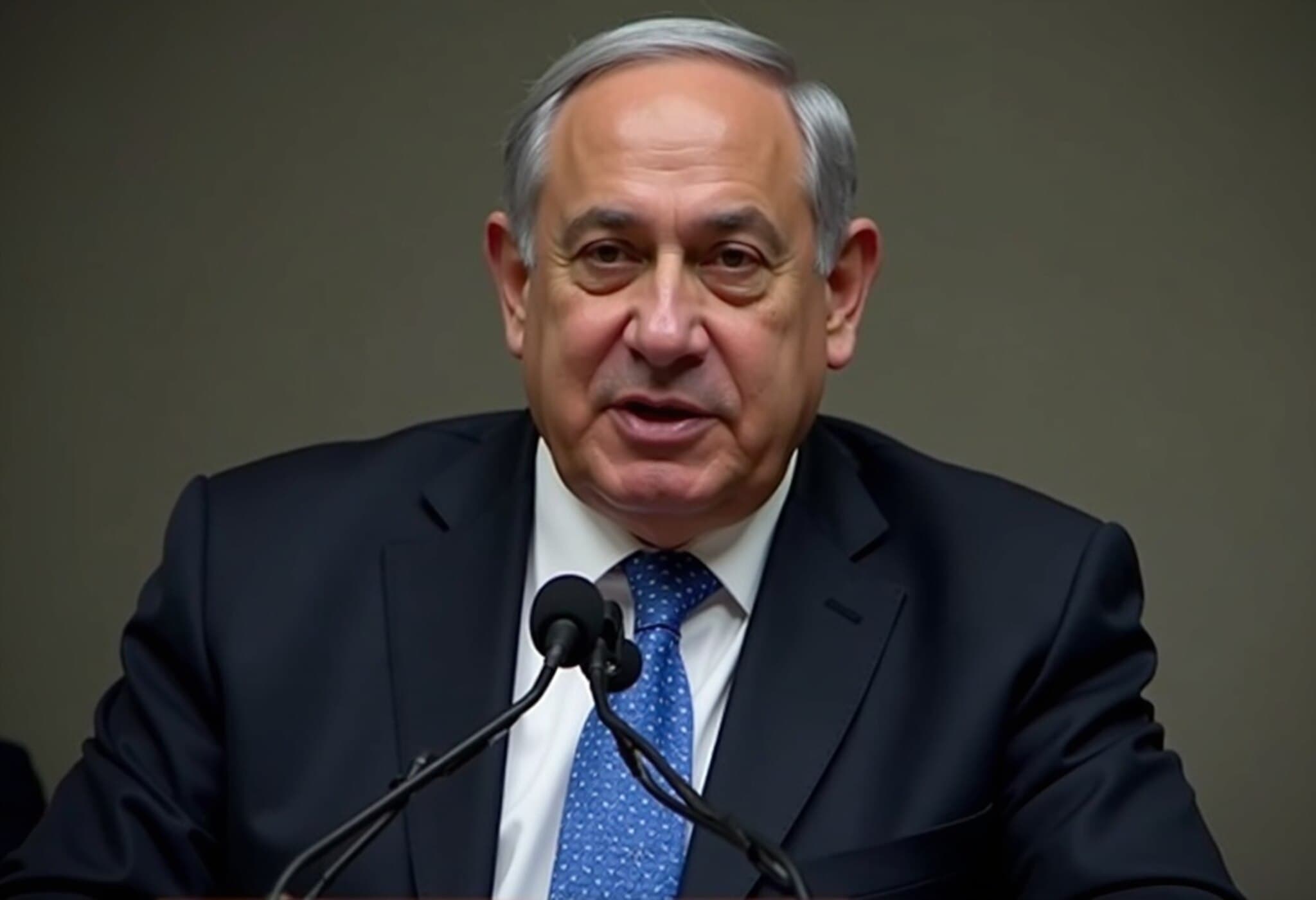US Offer of Support to Le Pen’s National Rally Was Declined
In a surprising turn, France’s far-right National Rally (RN) party has reportedly refused an offer of public support from a delegation of the US State Department. The meeting took place in late May, following a court decision that barred Marine Le Pen from running in the upcoming 2027 presidential elections due to her conviction for embezzlement of European Union funds.
Background: Le Pen's Legal Challenges and Political Position
Marine Le Pen, a leading figure in European right-wing politics and RN’s flagship leader, was widely considered a frontrunner before her disqualification. Despite US President Donald Trump and other right-wing allies quickly rallying to her defense, the RN appears cautious about openly accepting foreign political backing.
The US Delegation and Meeting Dynamics
The US delegation was led by Samuel Samson, an official from the State Department’s Bureau of Democracy, Human Rights, and Labor (DRL), known for his conservative stance within the administration. Though senior RN officials attended the meeting, neither Le Pen nor party president Jordan Bardella were present.
The central topic was exploring potential public support from the Trump administration to aid Le Pen in overturning her conviction. However, the RN declined this offer, reportedly fearing that visible US endorsement could alienate French voters and damage their electoral prospects in 2027. Instead, the party expressed confidence that Bardella, their popular No. 2, would be a strong candidate if Le Pen is prevented from running.
Domestic Perception and International Relations
The RN has worked to soften its image among French voters by emphasizing issues like protecting family incomes, jobs, and national identity. Analysts note the response from RN highlights the complex relationship European nationalist parties have with American conservative figures — support from Trump’s administration can be a double-edged sword on the European political stage.
A senior US State Department official, speaking anonymously, confirmed the meeting but disputed that the offer of support was rebuffed outright, suggesting the RN prefers to act independently. The official also noted the party welcomed Washington’s engagement.
Sources close to Le Pen echoed sentiments of caution, noting that receiving support from a foreign government is unusual and potentially sensitive for their political narrative.
Concerns About ‘Lawfare’ and Free Speech
Earlier in June, the State Department’s DRL publicly emphasized its concerns about what it terms “lawfare” — using legal systems to silence political opponents. Officials stated their commitment to free speech, democratic choice, and religious freedom, referencing incidents across Europe including the Le Pen case as examples.
Polling indicates most French citizens did not oppose Le Pen’s ban from office, underscoring a disconnect between US rhetoric and European public opinion.
The US delegation also links its concern for free speech to broader issues such as digital censorship and restrictions on religious freedoms in Europe. These positions align with speeches from prominent US conservatives criticizing European policies.
Samuel Samson’s Broader Advocacy
Samson has been vocal about defending conservative causes internationally, including support for anti-abortion protesters in the UK, illustrating the broader ideological agenda behind such diplomatic engagements.
Conclusion
The National Rally’s refusal of public US support underscores the party’s sensitivity to domestic optics and the complex interplay between nationalist movements and foreign influence. Despite ideological affinities, overt American backing—particularly from figures linked to Trump—may risk backfiring ahead of pivotal French elections.















